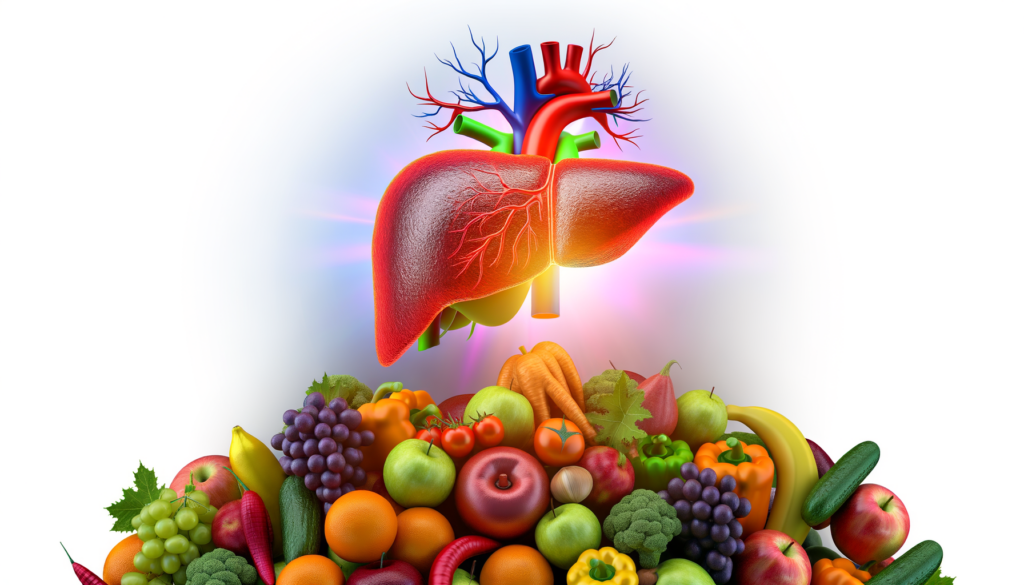Optimizing Your Nutrition Strategy with Low-Fat Diet Tools
Embarking on a low-fat diet journey requires more than just cutting fats; it demands smart, personalized planning and diligent nutrition tracking. Leveraging modern digital aids like a low-fat calorie calculator can streamline this process, helping track nutrients accurately and ensuring balance while maintaining satisfaction in meals.
Understanding the Core of Low-Fat Diets
A low-fat diet typically reduces fat intake to 15-30% of total daily calories, often emphasizing lean proteins, whole grains, fruits, and vegetables. According to research, diets very low in fat (less than 15% of calories) require careful selection of nutrient-dense foods to maintain vitamin and mineral adequacy while controlling calorie intake.
For example, a balanced low-calorie, nutrient-dense menu may include:
- Breakfast: Nonfat yogurt with fresh fruits like kiwi and papaya, topped with walnuts for crunch and some healthy fats
- Lunch: Whole-wheat pita with a vibrant green salad dressed lightly in olive oil and balsamic vinegar
- Dinner: Broiled wild salmon with nonfat Greek yogurt sauce, barley, lentils, and steamed greens such as bok choy
These choices ensure adequate intake of essential nutrients such as vitamins C, A, B-complex, iron, and magnesium while keeping fat content low. The emphasis on fiber-rich vegetables, legumes, and whole grains aligns with Stanford Medicine’s healthy low-fat dietary suggestions and maximizes long-term benefits.
How Personalized Low-Fat Plans Enhance Success
Every individual has unique calorie and macro needs. Utilizing a personalized low-fat diet plan delivers precise calorie targets and tailored meal suggestions, increasing compliance and progress. Such plans often incorporate:
- Customized calorie goals adjusted for weight loss, maintenance, or athletic performance
- Macro ratios prioritizing reduced saturated fat without sacrificing essential fatty acids, embracing healthy fats from plant sources and fish
- Meal timing and portion control recommendations to enhance satiety and blood sugar stability
Research also supports designing low-fat foods that mimic the sensory properties of their high-fat counterparts, improving satisfaction and reducing diet fatigue, especially through techniques such as emulsion-based products with modified fat droplet properties, creating creaminess and richness without excess calories.
The Vital Role of Nutrition Tracking in Low-Fat Diets
Nutrition tracking is indispensable for evaluating dietary adherence and nutrient intake, particularly when fat consumption is limited. A health calculator for diets enables real-time monitoring of calories, macronutrients, and micronutrients, empowering users to make informed food choices.
Effective tracking includes noting:
- Daily fat intake consistency to avoid hidden high-fat ingredients
- Carbohydrate quality, focusing on complex carbs and fiber rather than refined sugars
- Sodium and added sugars, which often rise unintentionally in low-fat processed foods
- Micronutrient intake to prevent deficiencies known in strict low-fat protocols
Advanced apps with barcode scanning and meal logging streamline this process. Tools like MyFitnessPal and Cronometer integrate well with personalized plans and complement a low-fat calorie calculator to provide a comprehensive dietary overview.
Putting It Into Practice: Real-World Low-Fat Success Stories
Consider Jane, a 45-year-old striving for heart health improvement. Using a personalized plan from Calorie Calculator Cloud, she calculated daily fat intake targets and tracked meals meticulously. Jane substituted fatty meats for legumes and fish while monitoring calories and macro balance.
Within six months, Jane reduced her LDL cholesterol levels and lost excess weight without feeling deprived, thanks to nutrient-rich menus rich in fibrous vegetables and whole grains, aligned with guidelines from Harvard Health’s low-calorie nutrient-dense meal recommendations.
Similarly, athletes often need tailored low-fat diets to optimize performance. By integrating structural food science—using reduced-fat emulsion foods with textures close to full-fat versions—they maintain satiety and energy, as highlighted in research from National Institutes of Health (NIH) articles focused on reduced-fat food design.
Avoiding Common Pitfalls of Low-Fat Diets
Beware of misleading “low-fat” product labels that conceal high sugar content—a common issue contributing to unhealthy diet choices. The European Food Information Council and Maastricht University research underscore the need for thorough label reading to avoid the “health halo” effect, where consumers mistakenly associate low fat with overall healthfulness.
Minimizing processed foods and focusing on real, whole foods mitigates these risks. Emphasizing Mediterranean or plant-based low-fat patterns can provide balanced nutrition, as these diets offer heart-healthy fats and antioxidants without excessive saturated fats.
Leverage Technology for Smarter Low-Fat Eating
Integrating technology like Calorie Calculator Cloud into daily routine supports smarter decision-making. The tool offers:
- Precise calorie counts tailored for low-fat goals
- Macro tracking highlighting fat sources
- Meal planning assistance with healthy, nutrient-dense options
- Progress monitoring to motivate and adjust plans dynamically
Coupled with reputable sources such as the USDA Nutrition Database and expert content from Harvard T.H. Chan School of Public Health, users gain confidence and clarity on their dietary journey.
Summary
Successful low-fat dieting hinges on informed food choices, personalized calorie and macronutrient management, and diligent nutrition tracking. By using comprehensive low-fat diet tools and trusted resources, individuals can maintain nutrient adequacy while achieving health goals. Real-world examples affirm that structured plans combined with emerging food design innovations and technology simplify adherence and enhance satisfaction.
Explore how a tailored program can transform your low-fat diet effectiveness—start today with Calorie Calculator Cloud and unlock a healthier you backed by data and science.








